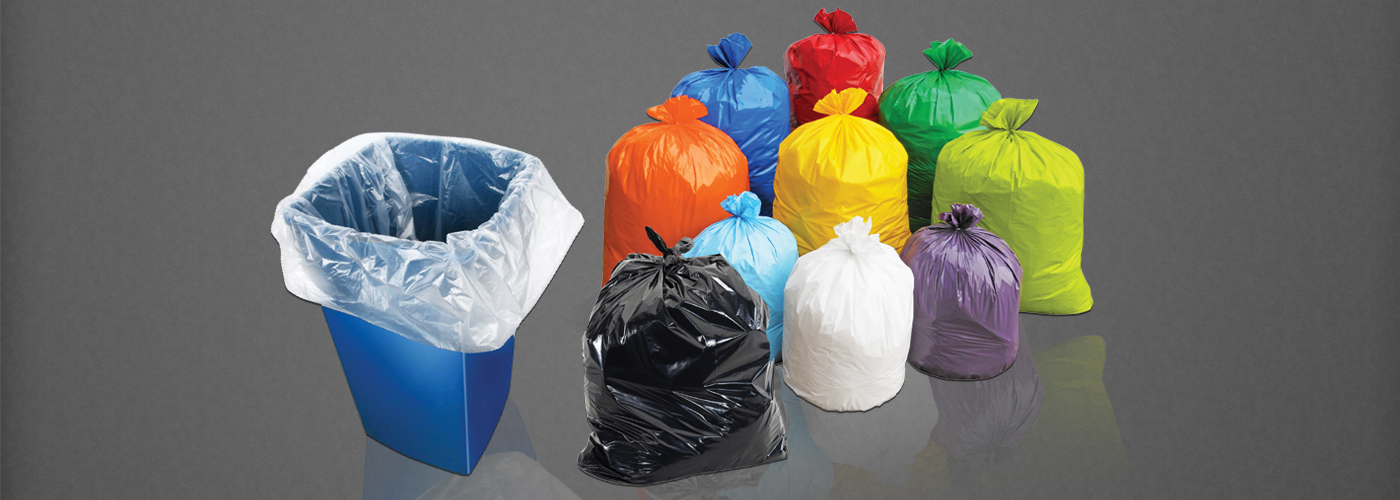Bio-compostable Bags.

The word biodegradable is distinct in meaning from compostable. While biodegradable simply means an object is capable of being decomposed by bacteria or other living organisms, "compostable" in the plastic industry is defined as able to decompose in aerobic environments that are maintained under specific controlled temperature and humidity conditions. Compostable means capable of undergoing biological decomposition in a compost site such that the material is not visually distinguishable and breaks down into carbon dioxide, water, inorganic compounds and biomass at a rate consistent with known compostable materials.
The inclusion of "inorganic materials" precludes the end product from being considered as compost, or humus, which is purely organic material. Indeed, under the ASTM definition, the only criterion needed for a plastic to be called compostable is that it has to appear to go away at the same rate as something else that one already knows is compostable under the traditional definition. Most bags that are manufactured from plastic are made from corn-based materials, like polylactic acid blends. Compostable Bags Are Safer for Environment & Recyclable. Because plastic takes hundreds of years to biodegrade, microorganisms inside of the regular plastic bag will decompose in an unnatural manner. Compostable bags are usually made from plants like corn or potatoes instead of petroleum. If a bag is certified compostable by the Biodegradable Products Institute (BPI) in the U.S. that means at least 90% of its plant-based material completely breaks down within 84 days in an industrial compost facility.
These cornstarch bags are certified compostable by BPI. They come in multiple sizes, with their 2.6-gallon size being ideal for countertop compost bins. They're affordable and have thousands of five-star reviews for their thickness and sturdiness. Compostable carry bags are made using a plant material that return to base organic components when processed. And since they are ultimately made of cellulose, no toxic gases are released into the environment when they are decomposing. The bags are digested by these microbial bacteria, along with food and yard waste, to become soil or fertilizer. These bags can decompose within 10-45 days under particular conditions. The best thing about compostable bags is that they do not leave persistent micro-plastics behind.The cost of raw materials being more expensive, less readily available and manufacturing processes costing more with smaller batches.
- Bio compostable bags break down which means the plastic gets absorbed by the earth.
- Compostable bags are much better for the environment.
- Using compostable bags makes it much easier to recycle.